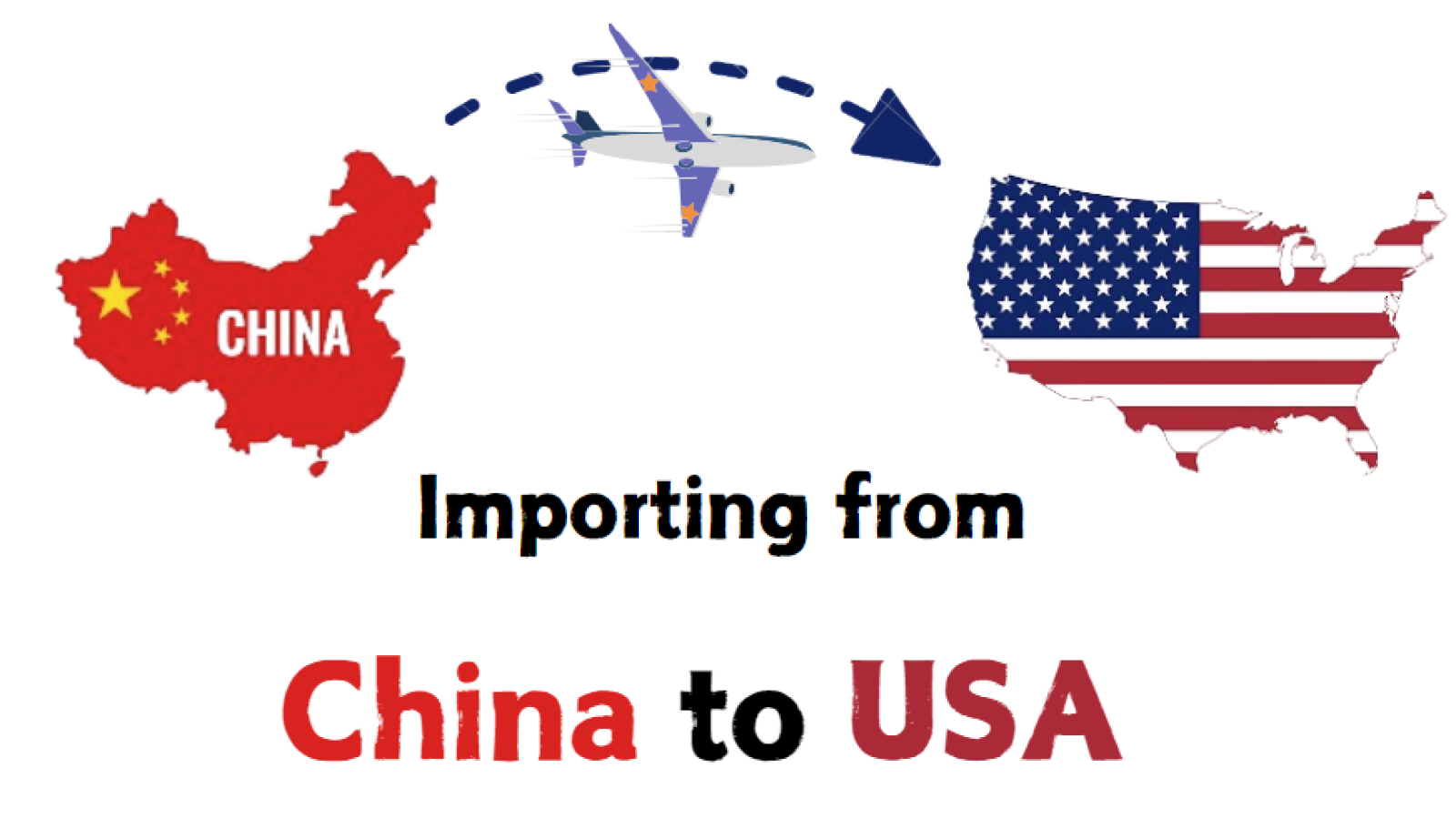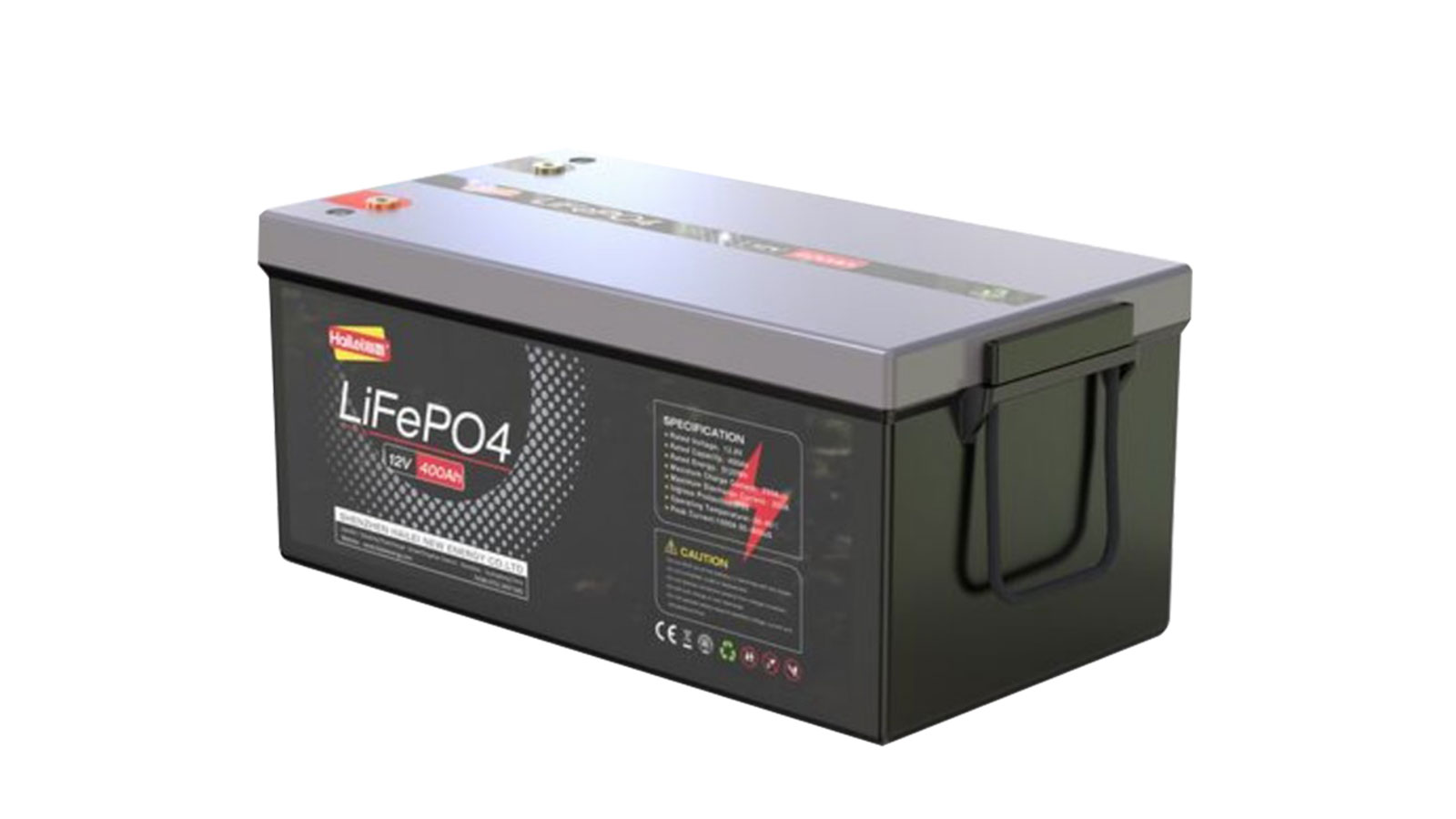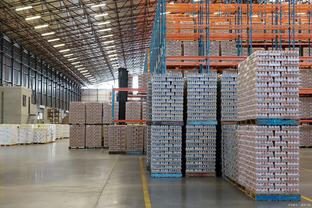Import Duties from China to USA: Understanding Tariffs and Regulations

Navigating the complexities of import duties, tariffs, and regulations can be challenging, but are a crucial consideration for businesses engaged in cross-border trade. These taxes levied on imported goods can significantly impact the overall cost and logistics of international transactions, especially for companies importing from China to the United States.
This comprehensive guide aims to demystify the process, providing valuable insights for both consumers and wholesale buyers. By understanding the intricacies of import duties from China to the US, businesses can make informed decisions, optimize costs, and ensure compliance with regulations.
1. Introduction to Import Duties
Import duties, also known as tariffs, are taxes imposed by a country on goods imported from another country. These duties are designed to protect domestic industries, control the flow of goods, and generate revenue for the government. For businesses importing from China to the US, understanding these duties is crucial for cost management and compliance.
2. The Basics of Import Duties
2.1 What Are Import Duties?
Import duties are taxes levied on imported goods based on their classification and value. These duties can vary widely depending on the type of product, its origin, and other factors. The Harmonized Tariff Schedule (HTS) is used to classify goods and determine the applicable duty rates.
2.2 Why Are Import Duties Important?
Import duties impact the overall cost of imported goods. For businesses, these costs can affect pricing, profit margins, and competitiveness. Understanding import duties helps businesses forecast expenses, price their products appropriately, and remain compliant with trade regulations.
3. Tariffs and Trade Wars
3.1 The US-China Trade War
Economic disputes between the US and China have significantly affected import duties. Since 2018, the US has imposed additional tariffs on a wide range of Chinese goods. These tariffs, often referred to as Section 301 tariffs, were implemented in response to alleged unfair trade practices by China.
3.2 Impact of Tariffs on Businesses
The additional tariffs have increased the cost of importing goods from China, affecting businesses across various industries. Companies have had to re-evaluate their supply chains, explore alternative sourcing options, and adjust their pricing strategies to mitigate the impact of these tariffs.
4. Understanding the Harmonized Tariff Schedule (HTS)
4.1 What Is the HTS?
The Harmonized Tariff Schedule (HTS) is a standardized system for classifying traded goods. Each product is assigned a unique HTS code, which determines the applicable duty rate. The HTS is maintained by the United States International Trade Commission (USITC).
4.2 How to Use the HTS
To determine the duty rate for a specific product, businesses need to identify its HTS code by using the USITC’s online search tool. Once the HTS code is identified, businesses can look up the corresponding duty rate and calculate the import duties.
5. Calculating Import Duties
5.1 Determining the Customs Value
The customs value is the basis for calculating import duties. It typically includes the cost of the goods, shipping, and insurance. The customs value must be accurately declared to avoid penalties and ensure compliance.
5.2 Applying the Duty Rate
Once the customs value is determined, the applicable duty rate is applied to calculate the import duties. For example, if the customs value of a product is $10,000 and the duty rate is 10 percent, the import duties would be $1,000.
6. Additional Fees and Charges
6.1 Merchandise Processing Fee (MPF)
In addition to import duties, businesses may need to pay the Merchandise Processing Fee (MPF). This fee is assessed by the US Customs and Border Protection (CBP) and is based on the value of the imported goods.
6.2 Harbor Maintenance Fee (HMF)
The Harbor Maintenance Fee (HMF) is another charge that may apply to imported goods. It is typically assessed based on the value of the goods being imported and is used to fund the maintenance of US ports.
7. Compliance and Documentation
7.1 Import Documentation
Proper documentation is essential for smooth customs clearance. Key documents include the commercial invoice, packing list, bill of lading, and any required certificates or permits. Accurate and complete documentation helps avoid delays and penalties.
7.2 Customs Bond
A customs bond is a financial guarantee that ensures compliance with import regulations and payment of duties and fees. Importers may need to obtain a customs bond, especially for high-value shipments.
8. Strategies for Managing Import Duties
8.1 Tariff Engineering
Tariff engineering involves modifying products or their classification to reduce the applicable duty rate. This strategy requires a thorough understanding of the HTS and careful planning to ensure compliance with regulations.
8.2 Free Trade Zones (FTZs)
Free Trade Zones (FTZs) offer potential duty savings by allowing goods to be imported, stored, and processed without incurring import duties until they enter the U.S. market. Businesses can use FTZs to defer or reduce duty payments.
9. Leveraging Trade Agreements
9.1 Trade Agreements and Duty Reductions
The US has various trade agreements with other countries that can reduce or eliminate import duties on certain goods. While China is not part of these agreements, businesses can explore opportunities for sourcing from countries with favorable trade agreements.
9.2 Utilizing Preferential Tariff Programs
Programs like the Generalized System of Preferences (GSP) offer preferential tariff treatment for eligible products from certain developing countries. Understanding and utilizing these programs can help reduce import costs.
10. Working with Customs Brokers
10.1 Role of Customs Brokers
Customs brokers are licensed professionals who assist businesses with customs clearance. They help navigate the complexities of import regulations, ensure compliance, and manage documentation and duty payments.
10.2 Choosing a Customs Broker
Selecting the right customs broker is crucial for efficient and compliant importing. Businesses should consider factors such as experience, expertise, and reputation when choosing a customs broker.





